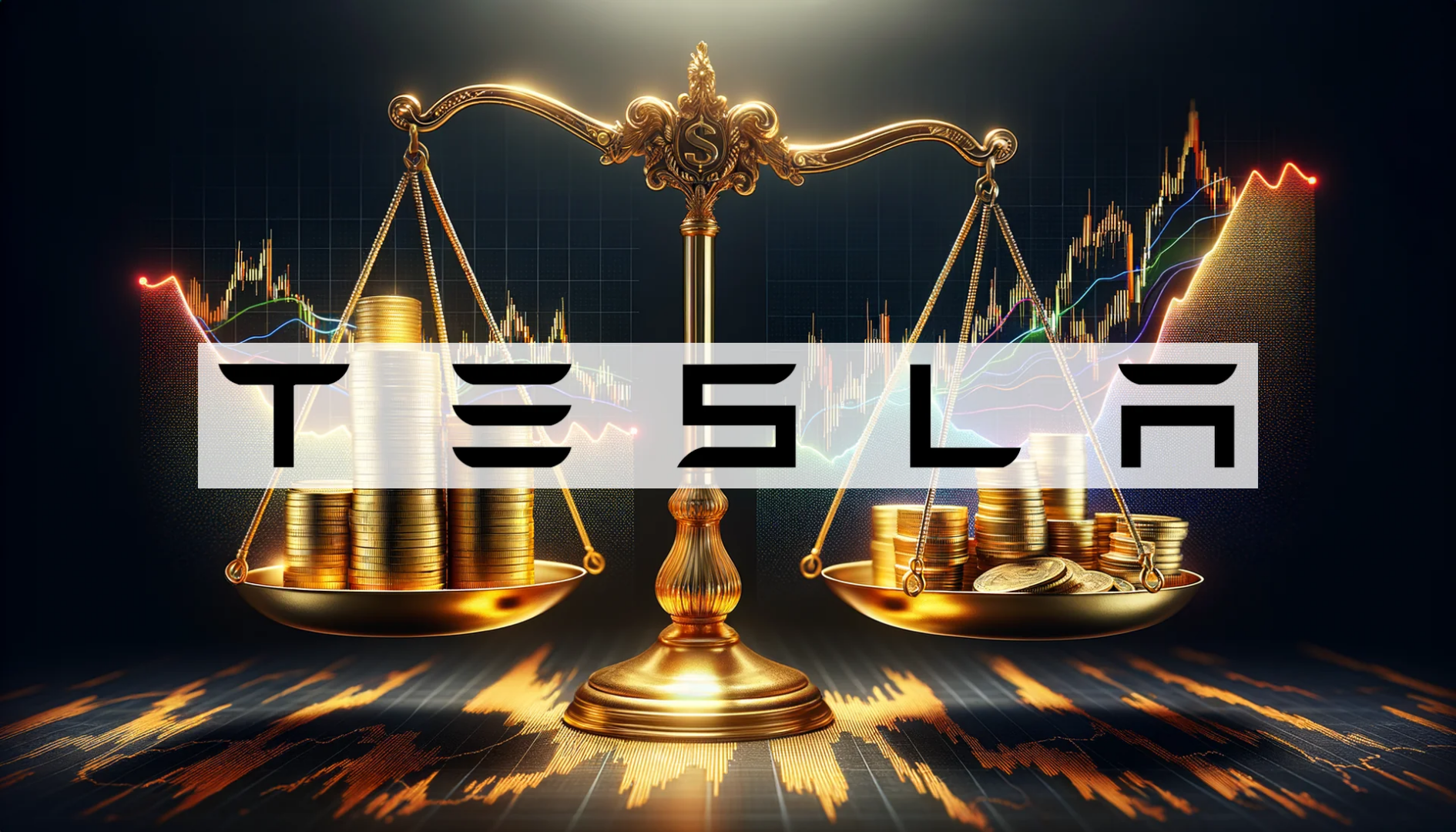As Tesla shareholders prepare for a landmark corporate decision, the electric vehicle manufacturer has launched an aggressive new marketing campaign. The timing is significant, with CEO Elon Musk fighting to secure his massive compensation package while the company attempts to lure combustion engine owners through discount initiatives. Major institutional investors, however, are pushing back against the proposed remuneration deal.
Energy Division Emerges as Bright Spot
Behind the scenes of these corporate battles, Tesla’s energy business has demonstrated remarkable growth. Third-quarter 2025 results revealed a 44% revenue surge to $3.42 billion for this division. The segment specializing in large-scale batteries and solar installations now constitutes a quarter of Tesla’s total revenue.
Adding to this success, Musk’s artificial intelligence startup xAI has become a major customer for Tesla’s energy solutions. While the automotive division faces challenges, the energy business provides a stable growth foundation for the company.
Shareholder Showdown Over Compensation
On November 6, 2025, investors will determine the fate of Musk’s unprecedented compensation package, potentially valued at up to one trillion dollars. The arrangement links payout to twelve ambitious operational targets, including achieving an $8.5 trillion market capitalization. Tesla Chair Robyn Denholm has been actively campaigning for support, traveling to New York to persuade major institutional investors including State Street and Fidelity.
Opposition continues to mount, with significant investor CalPERS announcing its intention to vote against the package. Proxy advisory firms ISS and Glass Lewis have also recommended rejection. Despite expectations of approval, substantial uncertainty surrounds the vote outcome.
Should investors sell immediately? Or is it worth buying Tesla?
Discount Strategy Offsets Policy Changes
Simultaneously with the compensation debate, Tesla has initiated an aggressive sales promotion specifically targeting gasoline vehicle owners. This strategic move comes at a crucial moment following the expiration of U.S. electric vehicle tax credits, which has placed pressure on the automaker. Earlier in October, the company had already introduced more affordable versions of its Model Y and Model 3 vehicles.
The latest promotional activity aims to accelerate this approach. Tesla stated that its products need to become “more accessible to customers,” directly addressing the conclusion of government incentives.
Contingency Planning and Market Response
Internally, Tesla has been developing contingency plans for potential leadership changes, including scenarios where Musk might reduce his involvement. Names like Tom Zhu have emerged as potential successors within these discussions.
Tesla’s stock has demonstrated surprising resilience recently, trading near its 52-week high. The coming weeks will determine whether the company navigates through this period of corporate governance challenges successfully or must adapt to operating without its visionary leader.
Ad
Tesla Stock: Buy or Sell?! New Tesla Analysis from February 7 delivers the answer:
The latest Tesla figures speak for themselves: Urgent action needed for Tesla investors. Is it worth buying or should you sell? Find out what to do now in the current free analysis from February 7.
Tesla: Buy or sell? Read more here...










